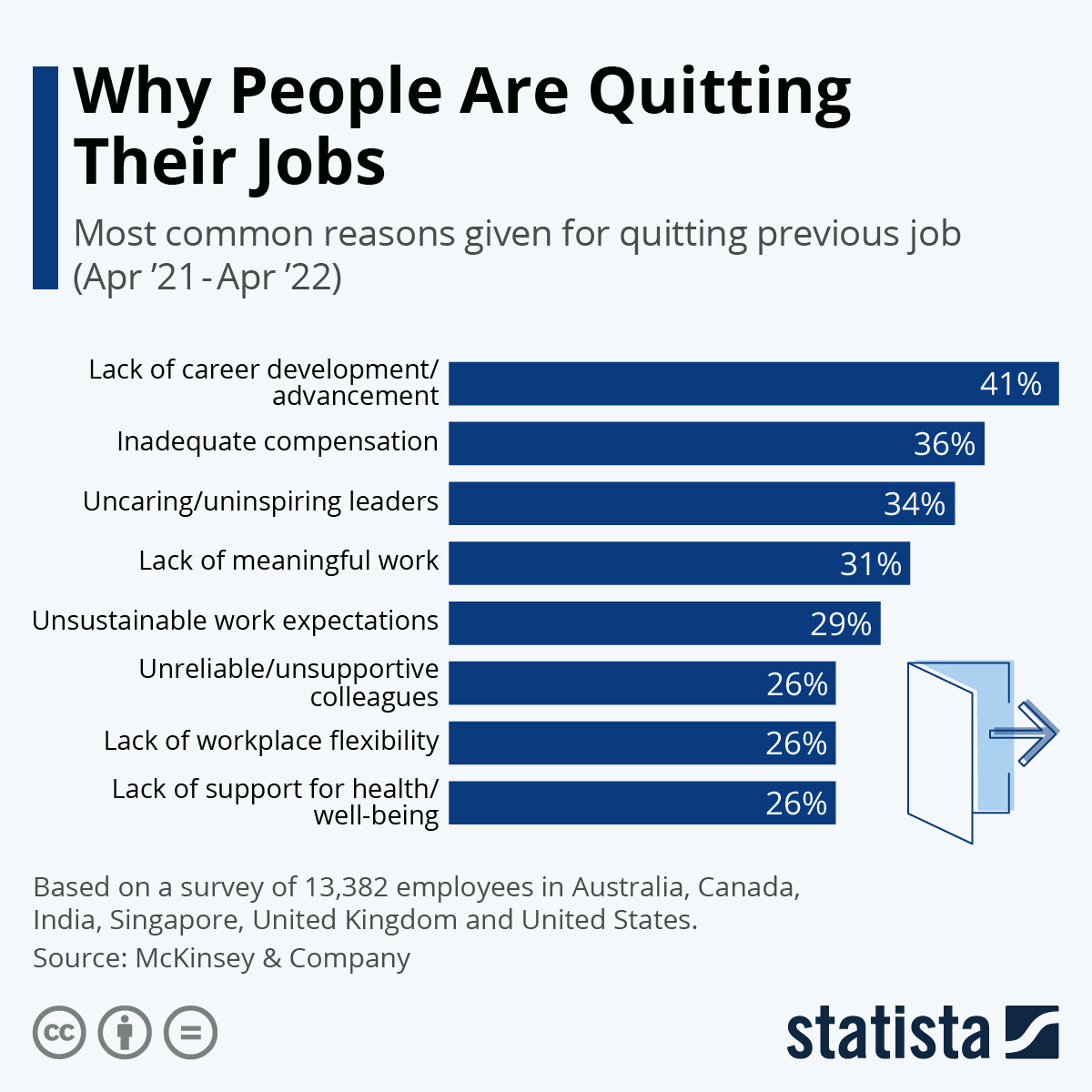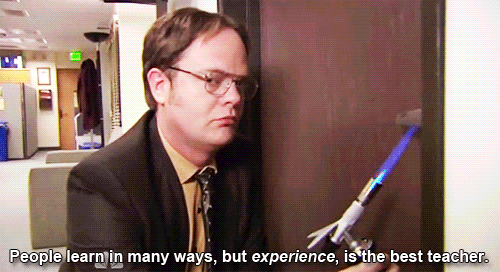Having one job is neither boring nor scary
How to know what you want to do in professional life
Okay, I know this will sound like something you already heard a million times OR like something an old auntie would tell you. And I am only 31; however, when I was 18, I thought my 28-year-old sister was actually pretty old already (sorry, sis!) So here you go: In the past, people would choose their future when they were super young. Rather, the job would most often be chosen for them by someone else.
Your dad is a milkman? Cool, you’re the milkman’s son. And a future milkman. And probably a father of the next milkman (or a milkwoman?) Do you come from a high-income family? Great, you’ll have a private teacher and then will go to the university. Low-income family? Most probably a farmer. Or a maid. Yeah, sure, it’s super extra generalised, but in a nutshell, it’s also not a lie. Things looked like that not so long ago. And it might be an unpopular opinion, but it was actually easier in so many ways.
Now, in many countries we have free education and free universities, we have internet, and we have jobs our great-grandparents would never guess would exist. And it is all amazing. We are so lucky, and, of course, we take it all for granted.
Yet, sometimes, this freedom and this we-can-have-it-all world we live in is much more terrifying than the previous one. How on Earth do I know what job I’d like to do in life if I can do basically everything? How not to get drowned in possibilities or in the trap of changing a job/plan for your life every 6 months?
Please note: there is nothing bad with change, and there is nothing bad with looking for something new. Especially if you still don’t feel you have found the right thing for you. But trust me: to have that feeling that you are in the right place and you don’t need to change anything, at least for a longer period of time, is a blessing to many people. It just gives you a lot of calmness and a feeling of self-security.

Many of us think that it is terrifying to stay in one place / one job for too long because then we get into this limbo, stagnation, of doing the same thing for the rest of our lives. It can also be connected with the fact that this is what most of our parents did (at least in Europe) - they started their adult lives with one job and then retired from it 35 or so years later. But that’s not how it works nowadays. Or, at least, it doesn’t have to work that way. You won’t live in stagnation if you actually find the right job for you (and then, maybe some of us will understand our parents’ decision of not changing jobs as well 🤔). Here’s a non-exhaustive checklist to give you some guidelines.
Find a job/occupation that allows you to learn. Constantly.

Learn new tools/programmes/approaches to do your job better, faster, more efficient, or more creatively. It is easier when you work in high-tech, creative field or any other evolving industry. But it’s also possible when you work in a soap shop or when your job is quite repetitive/predictable.
Keep your brain active. Read news and books, and listen to podcasts to stay on top of news and insights from your industry.
Make sure that there is someone at your job that you can look up to/learn from. Does your manager not give you any growth opportunities? Your boss doesn’t care if you are actually developing new skills? You don’t have any 1:1 monthly/quarterly updates to discuss your progress at work? Run away.
What if you’re a C-level employee/boss/there’s no one above you? There is always someone you can learn from. You don’t know everything. It can be your company advisor, another C-level colleague, a co-founder, or basically anyone from your employees.
Make sure you have a healthy work-life balance.
Yes, it’s easier said than done. Sometimes, when your job is your passion and your passion is your job, it’s super hard to set boundaries. Since it’s fun, it’s kind of not work, right? No. You still need to have time off. Yes, I am talking to you, business owners.
Of course, your job is not always your passion. Sometimes, you just like it but still want to be done with it at 5 PM. And then your manager asks you to stay after hours to finish this important project. If this happens once in a while and you have rules for this, it’s fine. But if your employers take your availability for overtime for granted without even giving you credit and appreciating it, it’s not healthy.
Your work gives you the feeling of security and the “I am in the right place in life” vibe.
This one is tricky. Of course, it’s financial security, which is obviously important. But then it’s also the feeling of being happy and fulfilled with learning new things and simply being good at your job (which is hard at the beginning when you learn new skills - we’ll touch on this topic later).
The work-life balance situation: This one is ALWAYS connected with your private life. We are all humans, so let’s stop trying to separate our personal and professional lives with an impenetrable wall. We touched on the topics of being professional at work, not necessarily being BFFs with everyone and oversharing (you can read it here) - and this is still the rule. But:
A job that fits you well and gives you what you need (financial and professional security, opportunities to learn and grow, a feeling of confidence in your skills, etc.) makes your private life better. Having a well-organised work life will influence your private life. Yeah, I know, it sounds so cliche, but it is also SO true, trust me.
Of course, there’s much more to it. We will continue exploring this topic in the following weeks. Let us know how you see it and how long you’ve been staying / are planning to stay in your current job. Or maybe something stops you from leaving in a good or bad sense? We’re curious. Share some details - maybe your employee will read this newsletter, and it will give them some ideas on how to make their workplace better.
And—if you’re an employer, and you want your employees to stay with you longer, to have a lower retention rate and make sure your employees are actually happy with their jobs, make sure you help them check all the boxes mentioned above. Next week, we’ll be back to add more to the list.
Further learning:
To read more about happiness at work, check out the recent Fast Company article by Tiffany Danko and Susan Vroman (spoiler: it has a lot to do with trust!)
Statista: Most important attributes for employees when choosing a job worldwide as of 2023
Statista: Why people are quitting their jobs
Until the next time!
Michalina & the Nice Work team






